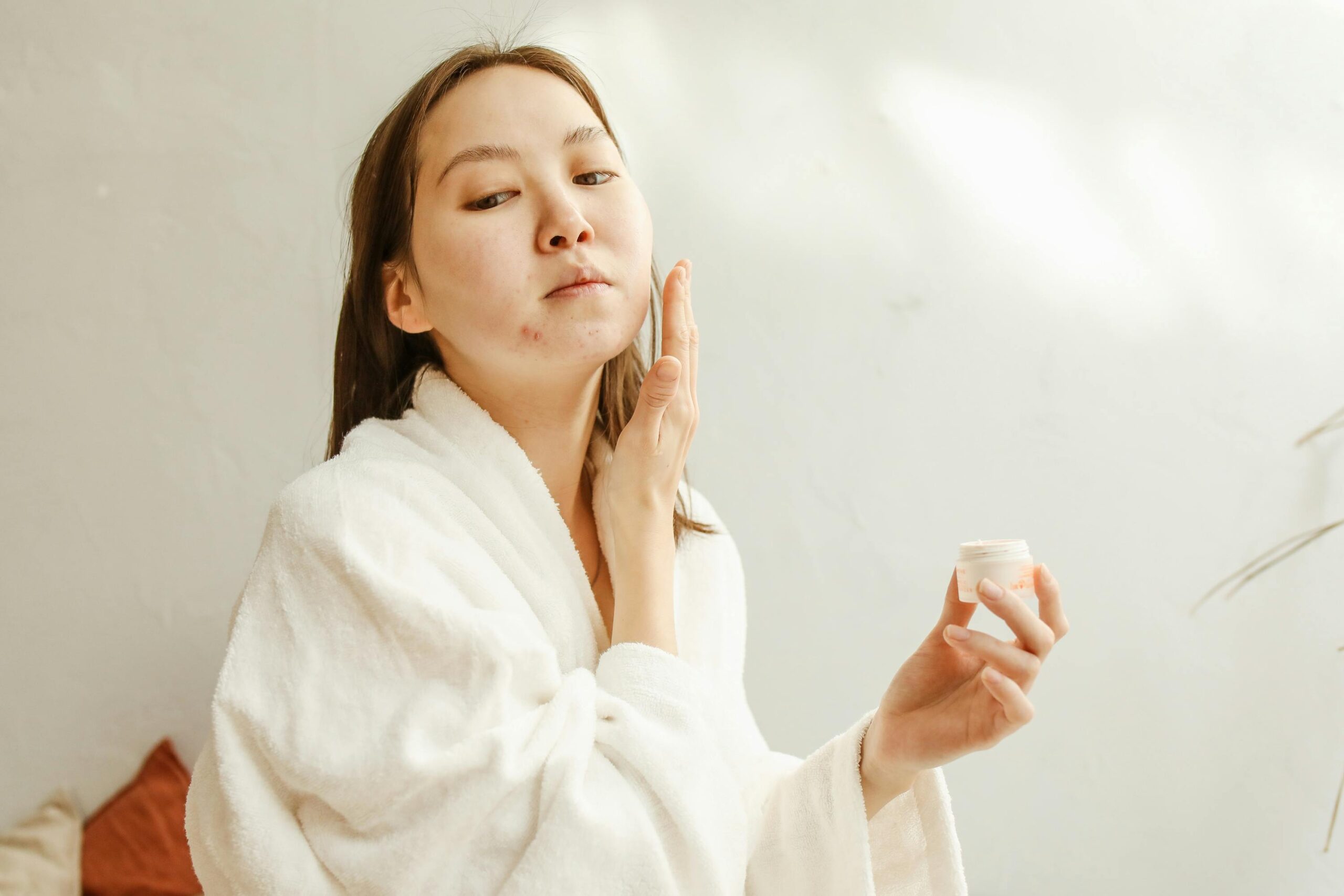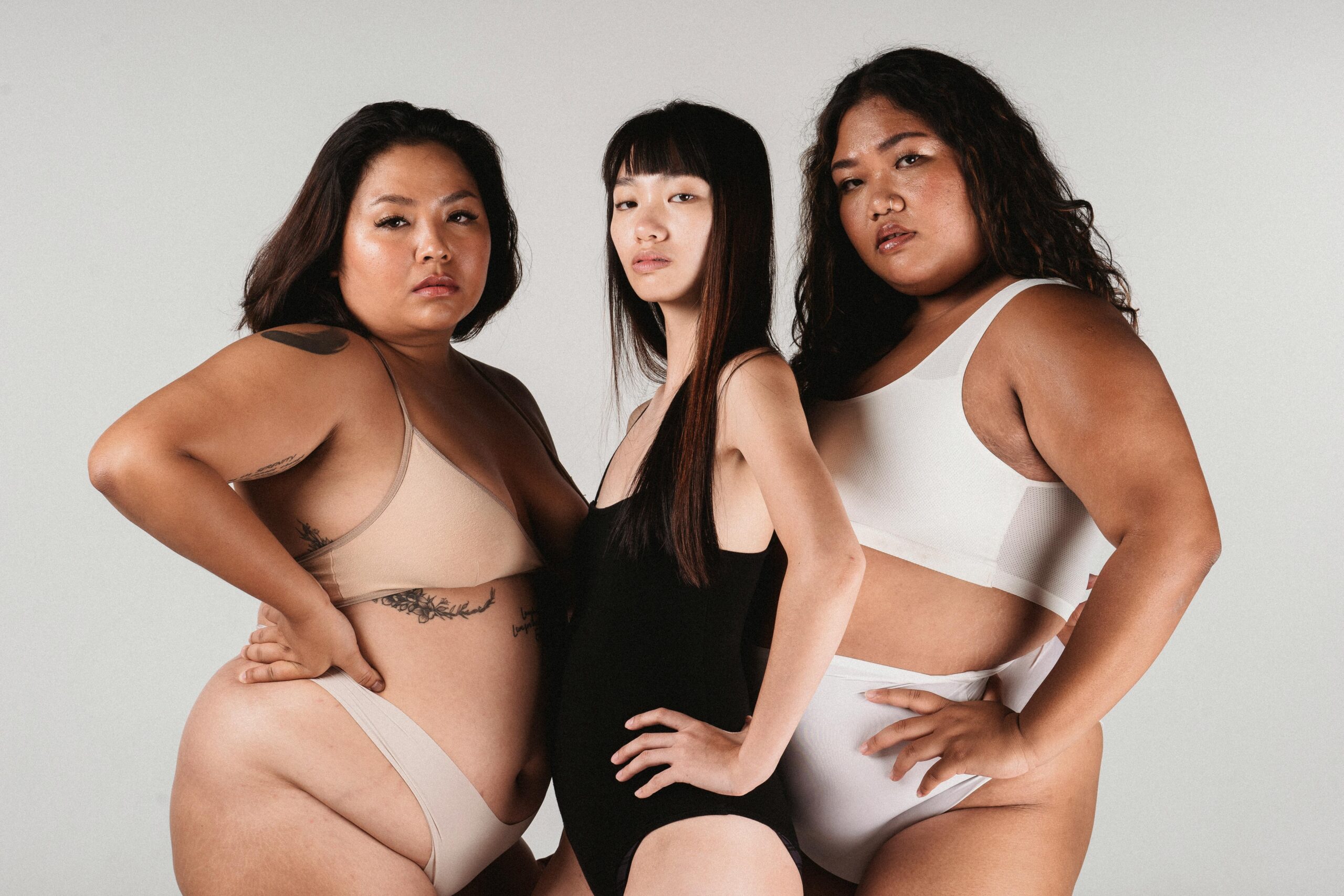
Many people think that hair loss only affects men. However, it is estimated that more than 50% of women will experience it. Hair loss in women occurs when an otherwise healthy woman suddenly loses a significant amount of hair. Between fifty and one hundred individual hairs fall out of a human scalp every single day. As a component of a balancing act, some hair must fall out so that new ones may grow in. When the regular hair growth and shedding cycle in women is disturbed, it results in hair loss.
Hair thinning is not the same thing as hair loss. The medical term for hair loss is alopecia. There are a number of reasons why this happens in women, including thyroid problems, genetics, and more. Below we have listed some of the most common reasons women experience hair loss, and the best treatments according to your needs.
Causes of Hair Loss in Women
Most cases of hair loss can be linked to one of the following causes:
· Heredity: Inherited conditions associated with aging are the most prevalent reason for hair loss. Women’s hair thinning at the top of the head is a common early sign.
· Health Problems and Hormonal Shifts: Hair loss in women can be temporary or permanent, depending on the underlying reason. Hormonal changes during pregnancy, delivery, thyroid, and menopause are a few examples. Hair loss can be caused by several medical diseases, such as immune-related alopecia areata, fungal infections of the scalp like ringworm, and compulsive hair-pulling disorders.
· Medications: Many medicines, including the ones used to treat arthritis, cancer, depression, gout, heart disease, and high blood pressure, may cause hair loss in women.
· Trauma: Many individuals notice a gradual thinning of their hair after a traumatic event. There is no permanent damage; therefore, your hair will grow back.
· Radiation Therapy: After this therapy, it’s possible that your hair won’t regrow in the same thick, full pattern as it did previously.
· Hairstyles: Pigtails or cornrows may cause traction alopecia, a type of hair loss.
Treatment for Hair Loss in Women
Hair loss treatments for women include topical medicine, hair transplant, laser treatment, and hormone therapy. However, the treatment for hair loss in women will depend on its root cause:
· Hair loss caused by stress or hormonal changes may not require treatment. It will eventually stop after a few weeks or months.
· When hair loss is due to damaging hair care methods such as tight braids, ponytails, or specific chemicals, the solution is to stop using them.
· If you have a nutritional deficiency, your doctor may recommend taking a supplement. One common recommendation is to take a multivitamin and a little biotin per day.
· Low-light laser therapy and hair transplants are other options in case you have permanent hair loss. In a hair transplant, strips of your scalp with hair follicles are taken from the back of your head and put on bald spots.
· PRP injections have also successfully stimulated hair follicles into producing new hair. Normally, a patient’s own blood is used to create PRP.
Prevention of Hair Loss in Women
Hair loss due to illness, old age, hereditary, or external stress cannot be avoided. To avoid hair loss from harsh chemicals or intrusive hairstyles, you should refrain from using or wearing them. You can slow or stop your hair loss if you consume a balanced diet rich in minerals, vitamins, and protein. It is also advised to stop smoking and consuming alcohol to prevent hair loss.
To a large extent, hair loss can be prevented or at least slowed by using any of these measures. What you should do, however, depends on the root cause of your hair loss. A visit to the doctor is required if your hair loss continues to worsen. Stress, thyroid problems, androgenic alopecia, scalp infections, and old age are all things that could cause hair loss. Your doctor should be able to figure out what’s going on.
Don’t Lose Hope
You could feel upset if you start losing your hair for any reason, including heredity, illness, or stress. However, you should feel positive, as there are many treatments you may try, and professional dermatologists can provide the best assistance. In certain cases, hair loss can be stopped and even reversed. The sooner you detect anything is problematic, the sooner you can start treating it, so make an appointment with your doctor today.

















